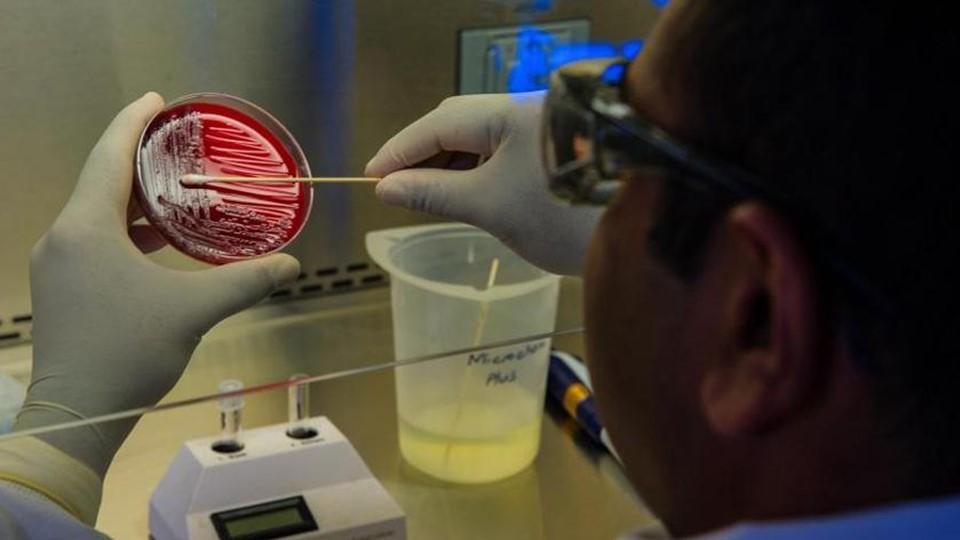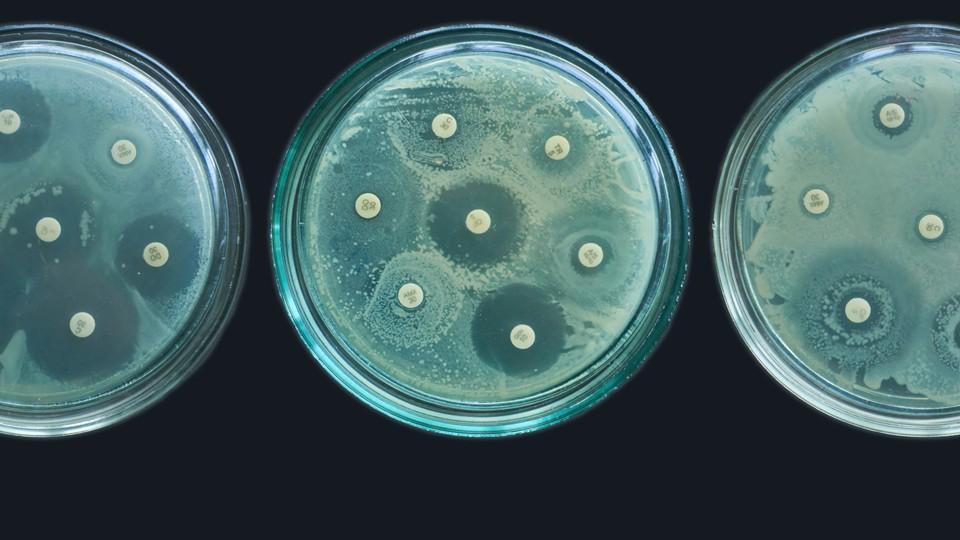GSK, UK govt put £130m into antimicrobial resistance fight

GSK has become the first founding partner of the new Fleming Initiative, which aims to tackle the rising threat of antimicrobial resistance (AMR) and is also backed by the UK government.
The pharma group is providing £45 million ($57 million) in funding for the programme – led by Imperial College Healthcare NHS Trust and Imperial College London – while the UK government is putting up £85 million and placing it at the heart of its recently announced national action plan on AMR. It will be showcased at a meeting of international experts in London later today.
The Fleming Initiative has been set up to create an international network of scientific, technology, clinical, policy, and public engagement expertise around AMR, which is recognised as a major public health threat with the potential to cause 10 million deaths a year by 2050 unless action is taken.
At the heart of the Fleming Initiative is the Fleming Centre at St Mary’s Hospital in Paddington, on the same site where Sir Alexander Fleming discovered penicillin in 1928, which will provide facilities for clinical and behavioural research to develop and test AMR innovations.
The government has provided £5 million in seed funding to set up the unit, which is due to open in 2028. His Royal Highness Prince William, The Prince of Wales, has been announced as patron of the appeal to build the centre, envisaged as part of a network of strategic locations that will extend around the world.
GSK said its funding will go towards approved projects that use new technology, including artificial intelligence, to interpret and use scientific data, discover novel treatments and interventions, study how drug-resistant infections are transmitted and can be prevented, and find ways to improve detection and tracking of infections.
The focus will not be so much on the discovery of novel antimicrobials, which tend to be reserved for last-line use and are the subject of other programmes like CARB-X, but rather on strategies that can be deployed to tackle AMR at scale, such as diagnostics to ensure existing antibiotics are used in the best way to avoid the development of resistance.
Its efforts will be directed mainly to supporting countries most severely affected by AMR where poverty, climate change, and health inequality exacerbate the issues caused by drug-resistant infections.
While much of the pharma sector has been retreating from the development of new antimicrobials in recent decades, GSK has stayed in the category and now has the largest AMR pipeline in the industry with more than 30 active vaccine and drug development programmes, including novel antibiotic gepotidacin in phase 3 development.
Chief executive Emma Walmsley said the Fleming Initiative will be “an important collaboration for GSK building on our long-standing commitment to tackling AMR and our focus on disease prevention.”
An assessment of the burden of AMR published in The Lancet – still considered to be the most comprehensive carried out to date – found that drug-resistant bacterial infections alone caused an estimated 3,500 deaths every day in 2019, a number greater than both HIV/AIDS and malaria.













